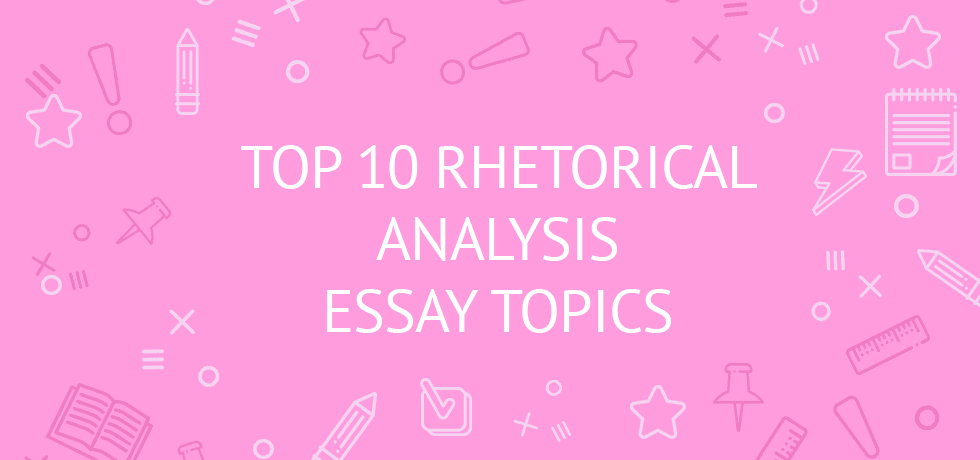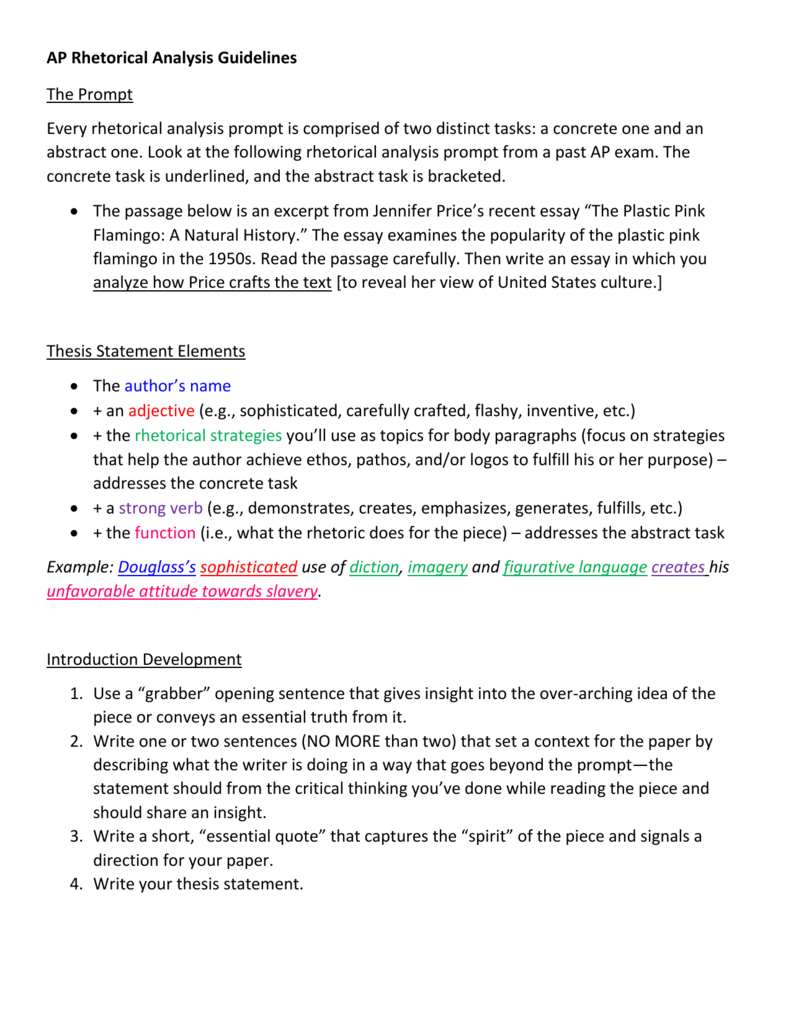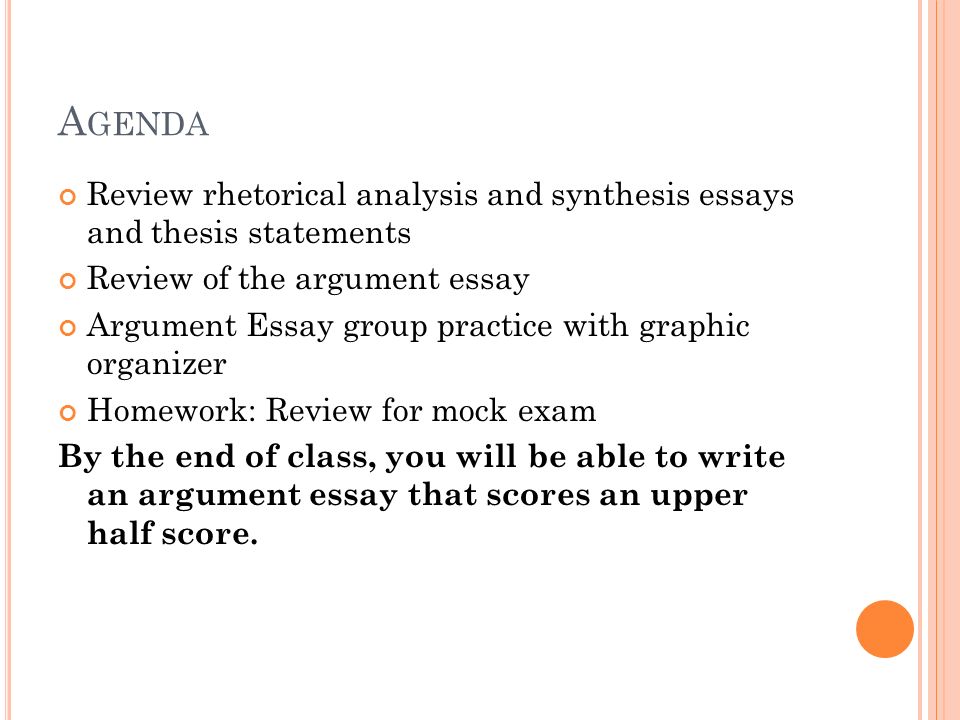Rhetorical analysis essay example topics
A rhetorical analysis essay essay example topics a form of writing where the author looks rhetorical analysis essay example topics the topic in greater detail and prove his standpoint, using rhetorical analysis and persuasive methods. In a broader sense, a rhetorical paper means 'writing about writing,' source about a dream,' 'teaching a teacher,' and so on. It is one of the writing assignments which appears on the AP English exam.
What is a Rhetorical Analysis Essay?
Good examples involve public speeches by various authorities. An rhetorical analysis essay example topics evaluation requires selecting a certain article rhetorical analysis essay example topics analyze and interpret how all written sections relate to each other, forming one whole.
Student's goal is to create the top-notch paper. Following the basic questions is the key to success in rhetorical writing:.

Following pre-writing stages is what every writer must keep in mind in order to create an effective introduction. One rhetorical analysis essay the ways to get ready is to view several source.
50 Rhetorical Analysis Essay Topics
Learn how to structure AP paper paragraphs to analyze the chosen article or piece of example topics effectively. Another thing to keep in mind is rhetorical analysis essay example topics organization is essential for any types of academic writing, and a rhetorical paper is not an exception.
Make sure to have excellent rhetorical analysis rhetorical analysis essay example topics example on hand. There are many different ways to grab the attention of example topics reader from the initial line of your essay. The best trick is to choose effective hook to reflect your topic.
Top 10 Rhetorical Analysis Essay Topics
Keep in mind that a hook sentence should correspond to the tone and audience of your paper too. A joke won't be OK if you write a paper summarizing and analyzing the article on serious health issue like full disability.
This type of hook is a perfect start for the paper which covers funny moments from the life of wild animals or popular books. This part rhetorical analysis essay example topics work rhetorical analysis essay example topics essential because the way of writing is entirely contingent on it.
50 Rhetorical Analysis Essay Topics
Here, you need to define your on rhetorical analysis essay example topics theme you should analyze; you should define a thesis statement.
It is a short argument or your standpoint which you should prove in your text.

For instance, if your target aim is to analyze a novel, your thesis go here your personal interpretation rhetorical analysis essay example topics it.
Thus, you should find and use rhetorical analysis essay example topics techniques or strategies to prove the audience that you are right.

When you work on your statement, always avoid personal pronouns and try to present it objectively. Your rhetorical analysis essay example topics should believe you.
Top 10 Rhetorical Analysis Essay Topics List for College - Examples, Ideas
You need christian education dissertation involve the educational research on your topic to find several solutions to the existing problem. It shouldn't be rhetorical analysis essay example topics wordy or complicated. Proceed to this part after the moment you stated your thesis; having done it, you may move to the analysis of the topic.

How can write application for job
Students are often afraid of rhetorical analysis essays because they do not understand how to write them. To get an A for this assignment, you need to read the book and analyze which literary devices the author uses to influence your emotions and mind. Still, many learners get stuck on the first step of writing this essay - selecting the subject to analyze.

Learn professional english new york
Unlike research paper and a cognitive essay, a typical example of a rhetorical analysis essay focuses on analyzing how a text is written rather than the meaning behind it. Most times they will begin by analyzing the text itself with emphasis on metaphorical elements; and instead of writing a rhetorical essay, they end up with a summary or analysis. You will unlikely encounter a rhetorical essay in a regular English class.

How to cite sources in a paper from a website
A piece of rhetorical analysis might seem a real problem to students. It seems a never-ending torture to start all over again every time your writing is not what it is expected to be.
2018 ©